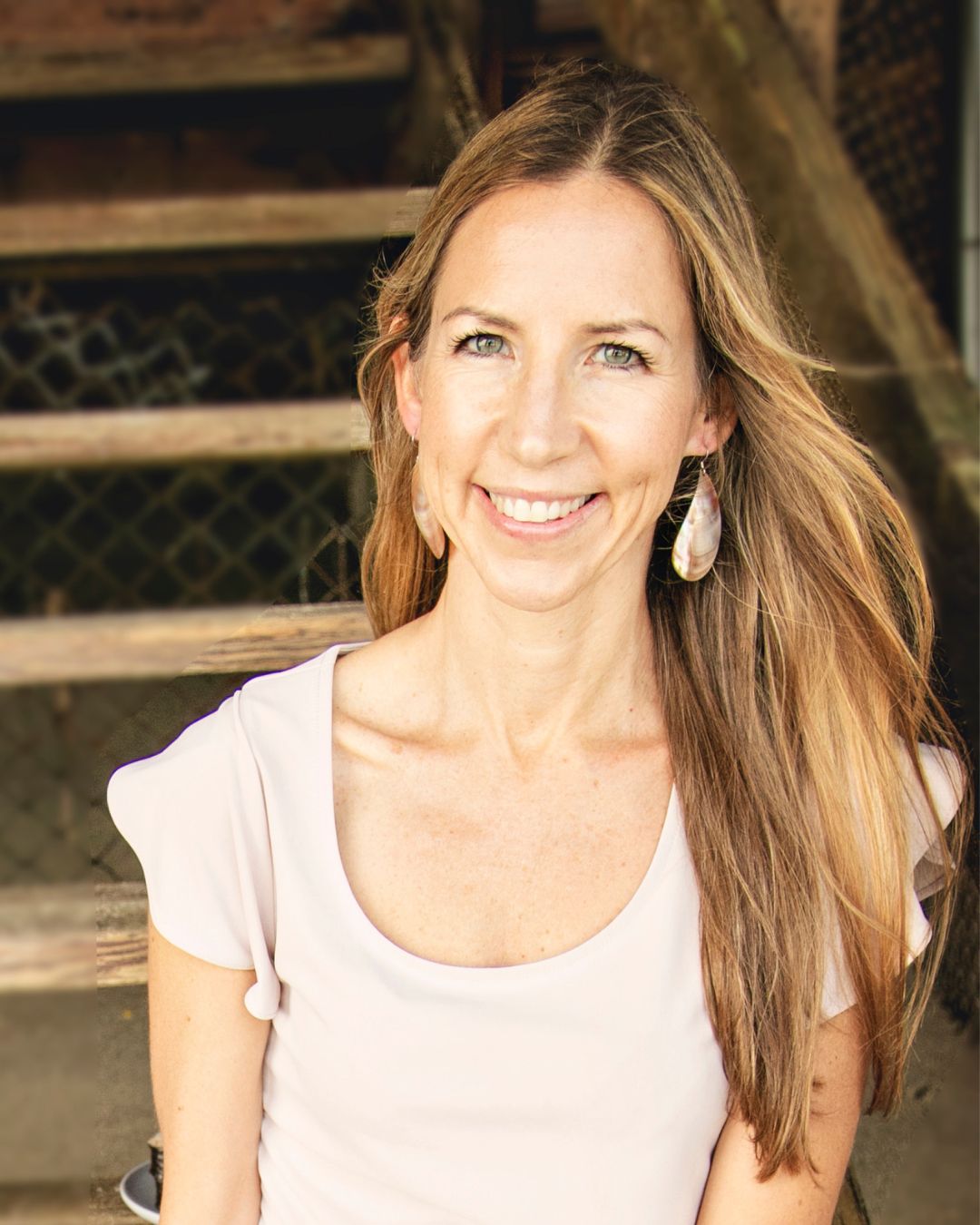We caught up with the brilliant and insightful Rhonda Krick a few weeks ago and have shared our conversation below.
Rhonda, appreciate you joining us today. Can you open up about a risk you’ve taken – what it was like taking that risk, why you took the risk and how it turned out?
One of the biggest risks I’ve ever taken was walking away from a secure, 20-year career at a hospital to pursue a long-held dream: running my own private practice.
I started my career as a registered dietitian 25 years ago. My first job was at a long-term care facility in New York, but soon after, I moved to Los Angeles and landed a position at Cedars-Sinai Medical Center. I ended up staying there for two decades. From the beginning, I had a vision of one day opening my own practice. My dad owned his own accounting business, so I grew up watching the entrepreneurial mindset in action—and I always felt that same drive within me. But I also knew I needed more experience, more confidence, and a deeper understanding of the field before taking that leap.
Working at Cedars gave me just that. Over the years, I had the opportunity to work across multiple specialties—from OB/GYN to diabetes to liver and kidney transplant—and I developed a strong clinical foundation. I’m deeply grateful for the people I worked with and everything I learned. But even with all that stability and growth, something inside me always knew that the hospital setting wasn’t where I truly belonged.
For years, I thought about leaving but fear kept me rooted. Then in 2018, I quietly started my private practice on the side. When the pandemic hit in 2020 and virtual care became the norm, my practice began to grow in a way I hadn’t imagined. It opened the door for me to reach more people, and gave me a glimpse of what life could look like on my own terms.
In 2021, I made the leap. I left Cedars and committed fully to my virtual private practice. It was terrifying—I had a family to support and was stepping away from a steady paycheck—but I also felt more aligned with my purpose than ever before. Now, four years later, I can say without hesitation: I don’t regret it for a second. If anything, I sometimes wish I had done it sooner.
This risk wasn’t just about career change—it was about trusting myself, listening to that inner voice, and choosing a path that felt authentic and deeply fulfilling.
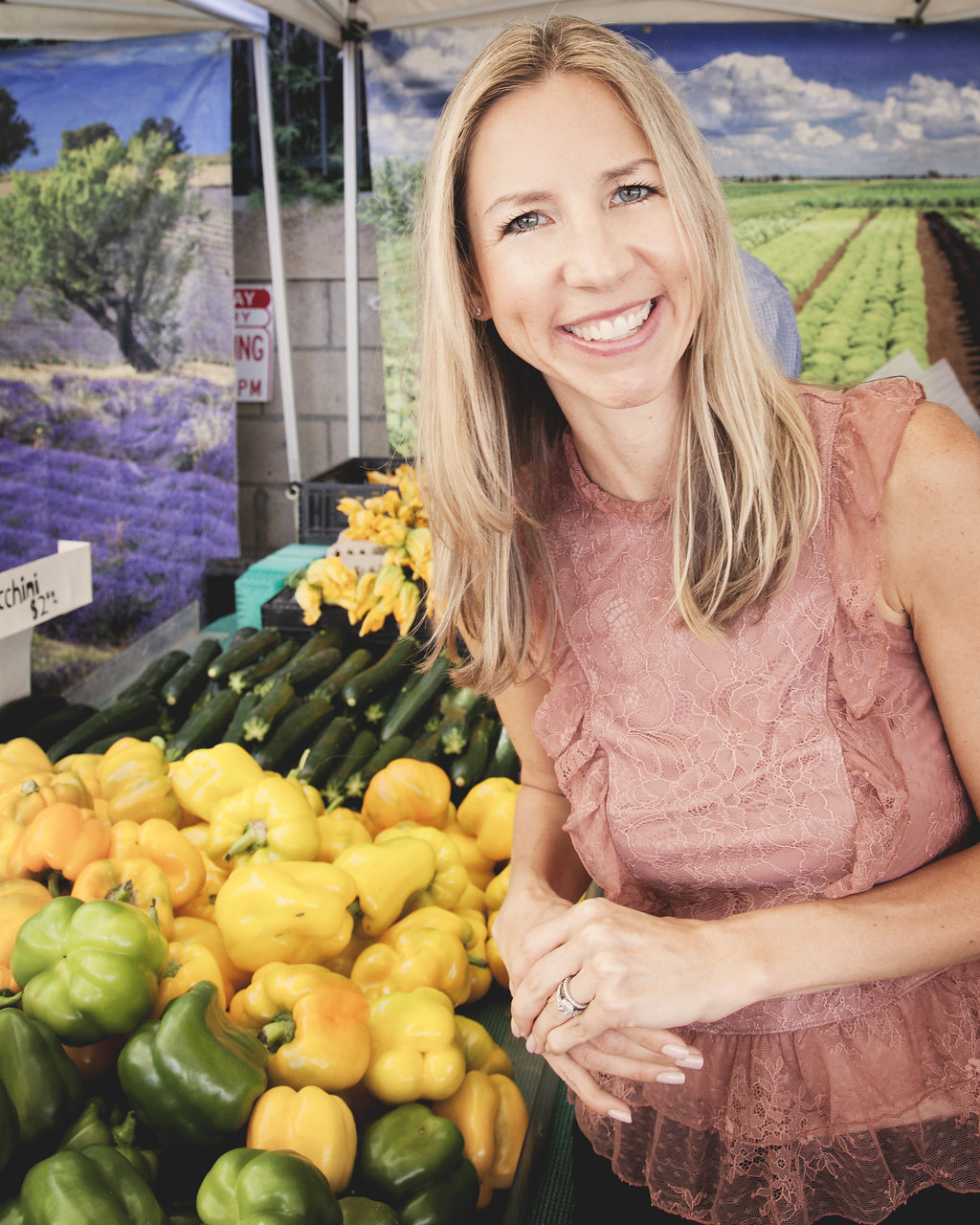
Great, appreciate you sharing that with us. Before we ask you to share more of your insights, can you take a moment to introduce yourself and how you got to where you are today to our readers.
I’m Rhonda Krick, a Registered Dietitian and Certified Intuitive Eating Counselor based in Woodland Hills, California. I run a virtual private practice where I support individuals in healing their relationship with food and body. My work is grounded in a non-diet, weight-inclusive approach that integrates the principles of Intuitive Eating, body respect, and self-compassion.
I’ve been a dietitian for over 25 years. My path started in a long-term care facility in New York, but most of my career was spent at Cedars-Sinai Medical Center in Los Angeles, where I worked for 20 years across a wide range of specialties—including OB/GYN, diabetes, transplant, cardiac care, and outpatient nutrition. That experience gave me a deep clinical foundation, but over time, I began to feel disillusioned with the weight-centric model that dominates traditional healthcare. I saw firsthand how often people were blamed for their bodies or told to diet harder, when what they really needed was understanding, support, and a way out of the cycle of shame.
My own values began to shift as I discovered the Intuitive Eating framework and the Health at Every Size® philosophy. It was like a light switch flipped—I knew this was the direction I wanted to take my work. In 2018, I started my private practice part-time and transitioned to full-time in 2021. Now, I work virtually with clients throughout California, offering one-on-one nutrition counseling and small group coaching.
Most of the people who find me are struggling with chronic dieting, emotional eating, food guilt, or body image distress. Some have eating disorders or disordered eating patterns, while others are simply tired of battling food and feeling like their body is a problem to fix. My goal is to help them tune out the food noise and reconnect with their own inner wisdom—so they can feel more at peace, nourished, and empowered in their choices.
What sets my work apart is the way I blend clinical experience with deep compassion and a trauma-informed lens. I don’t hand out food rules or meal plans. I listen, I ask meaningful questions, and I guide my clients in uncovering what they truly need—not just nutritionally, but emotionally and mentally. I believe food should be a source of care and connection, not anxiety or punishment.
I’m most proud of the trust my clients place in me—especially those who have felt dismissed, shamed, or overlooked by the medical system. I want people to know that their bodies are not broken. That it’s possible to have a supportive relationship with food. And that healing is available, even if it hasn’t felt that way in the past.
Whether you’re exploring Intuitive Eating for the first time or you’ve been unlearning diet culture for years, I hope my work helps people feel less alone and more grounded in the possibility of change.
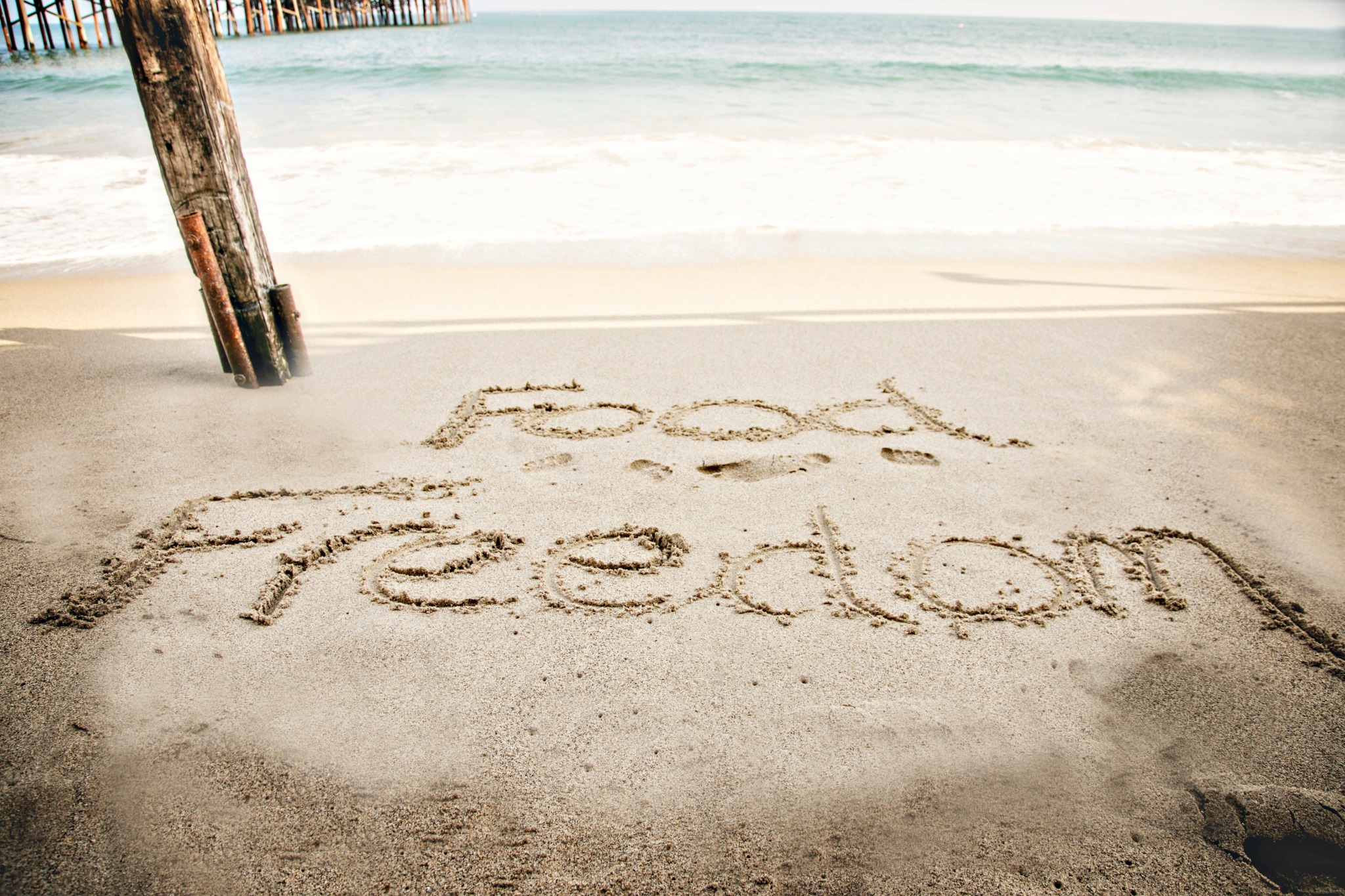
If you could go back in time, do you think you would have chosen a different profession or specialty?
I have truly loved being a dietitian—especially since moving into private practice. This work has given me the opportunity to build deep, meaningful connections with my clients. I get to witness a side of people that few others do—their relationship with food, their body, their internal dialogue—and that’s something I never take for granted. I find it fascinating to explore how people think, what shapes their beliefs and behaviors, and how those patterns can shift over time. Being invited into that space is an incredible privilege.
That said, if I were to go back and choose a different path, I think I’d become a therapist. While I absolutely love what I do now, the more I’ve leaned into this work, the more I’ve realized how deeply intertwined food issues are with emotions, life experiences, and identity. In many ways, my role as a dietitian in this space overlaps with the work of a therapist—I’m not just talking about what someone eats, but why, how it feels, and what it represents.
Still, I believe I ended up exactly where I’m supposed to be. My path has allowed me to blend clinical expertise with curiosity, empathy, and a genuine desire to understand people on a deeper level. And through a non-diet, weight-inclusive lens, I get to support healing in ways that go far beyond food.
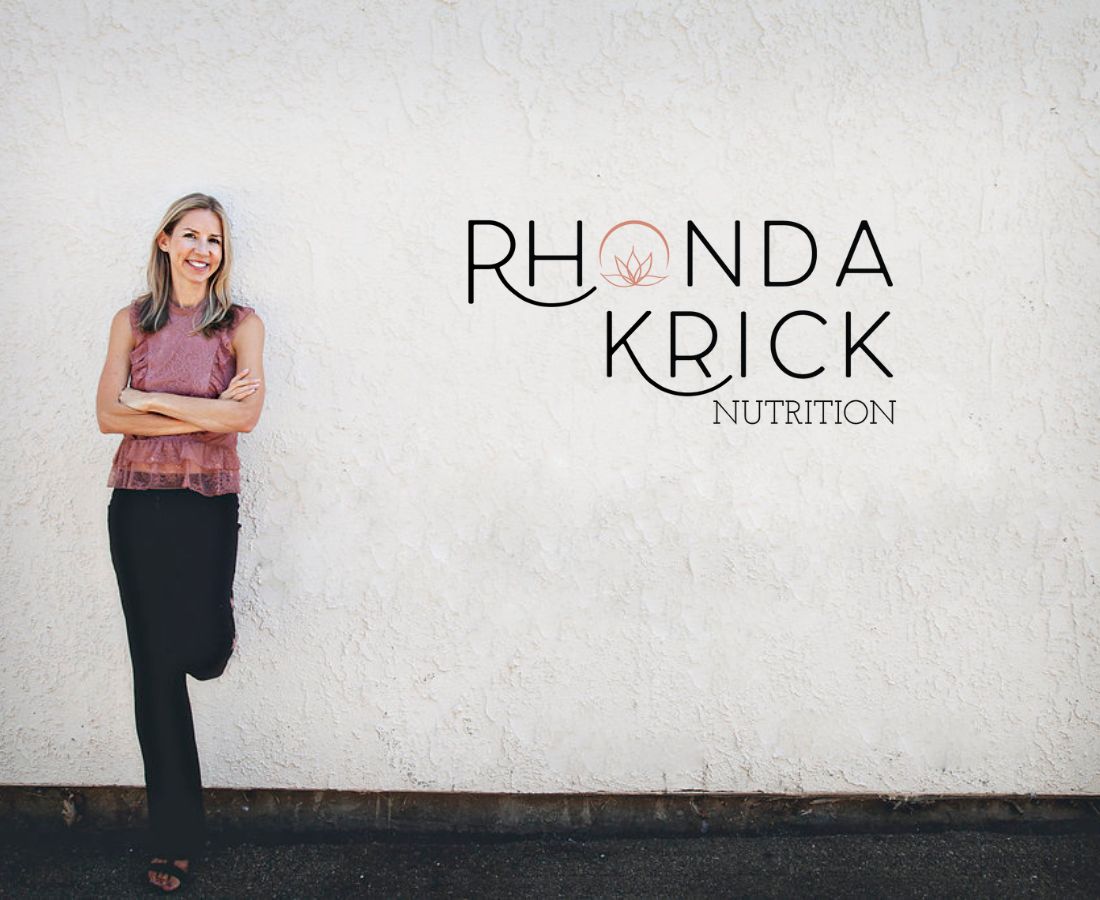
Putting training and knowledge aside, what else do you think really matters in terms of succeeding in your field?
As a dietitian, there are so many different directions you can go in—clinical work, community health, private practice, research, media, and more. While formal training and knowledge provide the essential foundation, I believe that on-the-job experience and seeking out additional trainings, certifications, and experiences that truly align with your career goals are just as important. It’s through real-life practice that you begin to develop your voice, refine your approach, and discover what kind of work truly lights you up.
Beyond that, I’ve found that what really sustains and distinguishes someone in this field is a combination of curiosity and compassion. Working with people on issues as deeply personal as food and body image requires more than just nutrition science—you need to be willing to listen, to hold space without judgment, and to continually ask yourself how to better support the whole person in front of you.
Self-awareness and emotional resilience are also key. Whether you’re working in a hospital, a private practice, or another setting, this work can be emotionally demanding. Having strong boundaries, being able to care for yourself, and staying connected to your “why” helps you show up fully without burning out.
Lastly, staying open and committed to growth has been essential in my own journey—especially as I transitioned into weight-inclusive, non-diet work. That shift didn’t happen overnight. It took reflection, ongoing learning, and the courage to question outdated models I was once taught. But that’s the beauty of this field: it allows you to evolve, not just as a professional, but as a person.
Contact Info:
- Website: https://www.rhondakrick.com
- Instagram: https://www.instagram.com/rhondakrickrd/
- Facebook: https://www.facebook.com/rhondakrickRD
- Linkedin: https://www.linkedin.com/in/rhonda-krick-m-a-r-d-ba2b227/
- Yelp: https://www.yelp.com/biz/rhonda-krick-ma-rd-calabasas?osq=Nutritionists+and+Dietitians
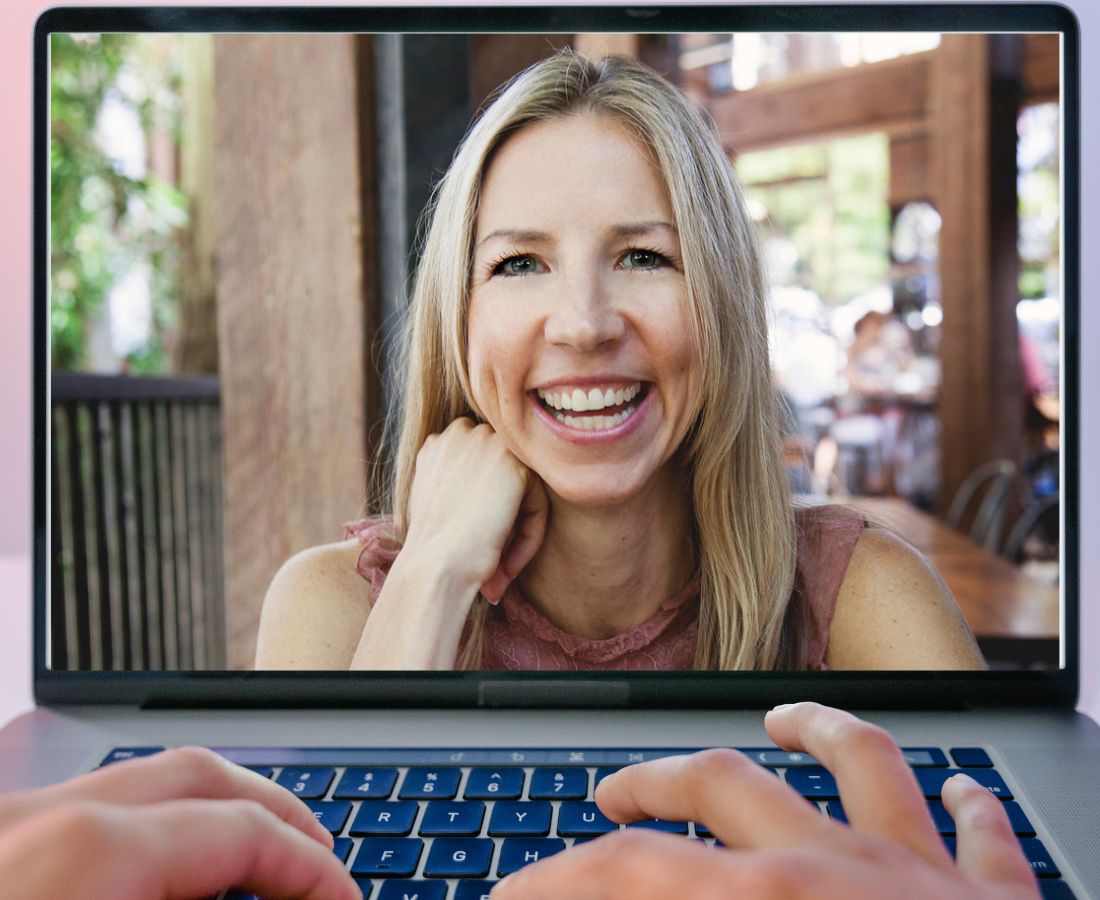
Image Credits
Rachael B Photography


